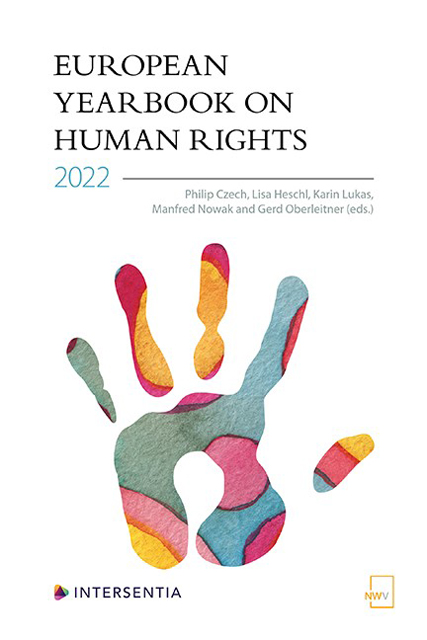New EU Funds, Migration and Protection of External Borders: What Place for Human Rights?
Published online by Cambridge University Press: 20 April 2023
Summary
ABSTRACT
The European Union (EU, the Union) budget for the period 2014–2020 proved insufficient to respond to the massive influx of refugees arriving from Syria in 2015. This deficiency led the European Commission and the Member States (MS) to resort to extraordinary measures, with more flexible and rapid instruments. Among those, the EU trust funds raised attention due to their lack of democratic accountability and financial transparency. The EU Trust Fund for Africa was particularly criticised for financing activities in third countries, which, like in the case of Libya, contributed to worsening the human rights situation for migrants. For the preparation of the 2021–2027 Multiannual Financial Framework, the European Commission had to consider the shortcomings of the previous budget, as well as the lessons of the trust funds experience for the creation of new instruments. A new fund for EU external action was adopted. Due to its legislative nature, the ‘Neighbourhood, Development and International Cooperation Instrument – Global Europe’ (NDICI) contains major democratic safeguards, including provisions ensuring transparency. However, it sets a specific spending target of its financial envelope for migration management , and includes a form of migration conditionality to the external assistance, as well as elements of flexibility previously criticised, which could potentially lead to new human rights violations. This contribution aims at investigating to what extent the EU takes human rights into account in the management of external funds. The first section will try to identify the shortcomings of trust funds, through which the EU has indirectly contributed to human rights violations in third countries such as Libya. The second part of the contribution will address the strengths and weaknesses of the new NDICI-Global Europe fund, and particularly the risk of further potential violations.
INTRODUCTION
Since 2015, several shortcomings in the EU’s external border and migration policies have emerged. Due to new challenges, including increased migration flows, the COVID-19 pandemic and security concerns, the EU has adopted new strategies to protect its external borders. These strategies are inevitably linked to the Union’s budget and funds – one of the primary tools of the EU, contributing to its soft power.
- Type
- Chapter
- Information
- European Yearbook on Human Rights 2022 , pp. 3 - 40Publisher: IntersentiaPrint publication year: 2022



